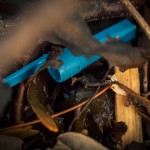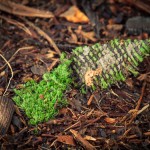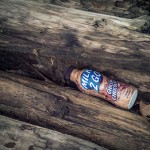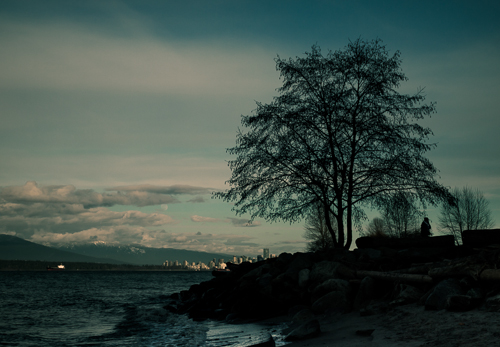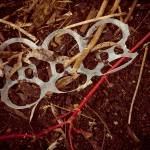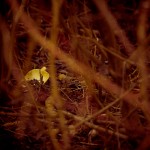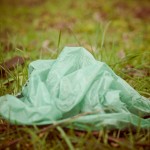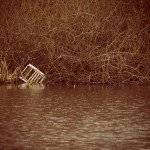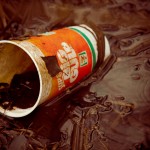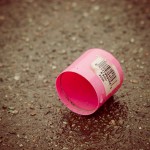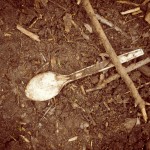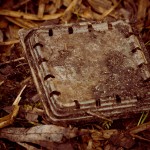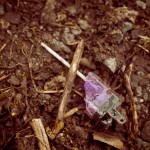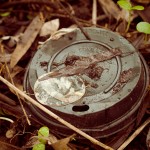40 Year Old Plastic at the Beach
In the previous post, I showed some photographs of plastic waste from a local Vancouver park. This time I went to Spanish Banks, a beautiful natural beach on English Bay. Here's a photo that I took while I was there:
At first it was difficult to spot any plastic - the beach looked pristine. However, after a few minutes, I spotted many pieces of plastic waste. The tide was going out, and I found most of the plastic in the high tide line, mixed in with seaweed and driftwood. I found plastic bags, wrappers, bottles, a cap from a ballpoint pen, styrofoam, food containers and coffee lids. I even found some AstroTurf!
The most interesting waste plastic that I found was a package labeled North Star Brand Wieners by Intercontinental Packers, Vancouver. Although it was made in Canada, it had no French buy xanax online labeling and the weight was in Imperial Units (one pound). Canada introduced bilingual packaging in 1974 and metric weights in the mid-seventies. After a little research, I learned that the company existed in Vancouver from 1964-1994. Incredibly, this package dates from c.1964 - 1974, showing how long plastic persists in the environment. After 40 to 50 years it is still around! It will remain in the environment for another 50 years or much longer, along with all other plastic waste. Unfortunately, much of this waste gets into the ocean, where it is eaten by marine life, often injuring and killing fish, birds, turtles and dolphins. Check out the documentary "Addicted to Plastic" for more information about the problems caused by plastic waste in the environment, along with solutions that will need to be implemented to correct the problem. In the meantime, if you care about the environment, don't litter with plastic waste!
- Ballpoint Pen Cap
- AstroTurf
- Plastic Bottle
Here's another photo from beautiful Spanish Banks:


